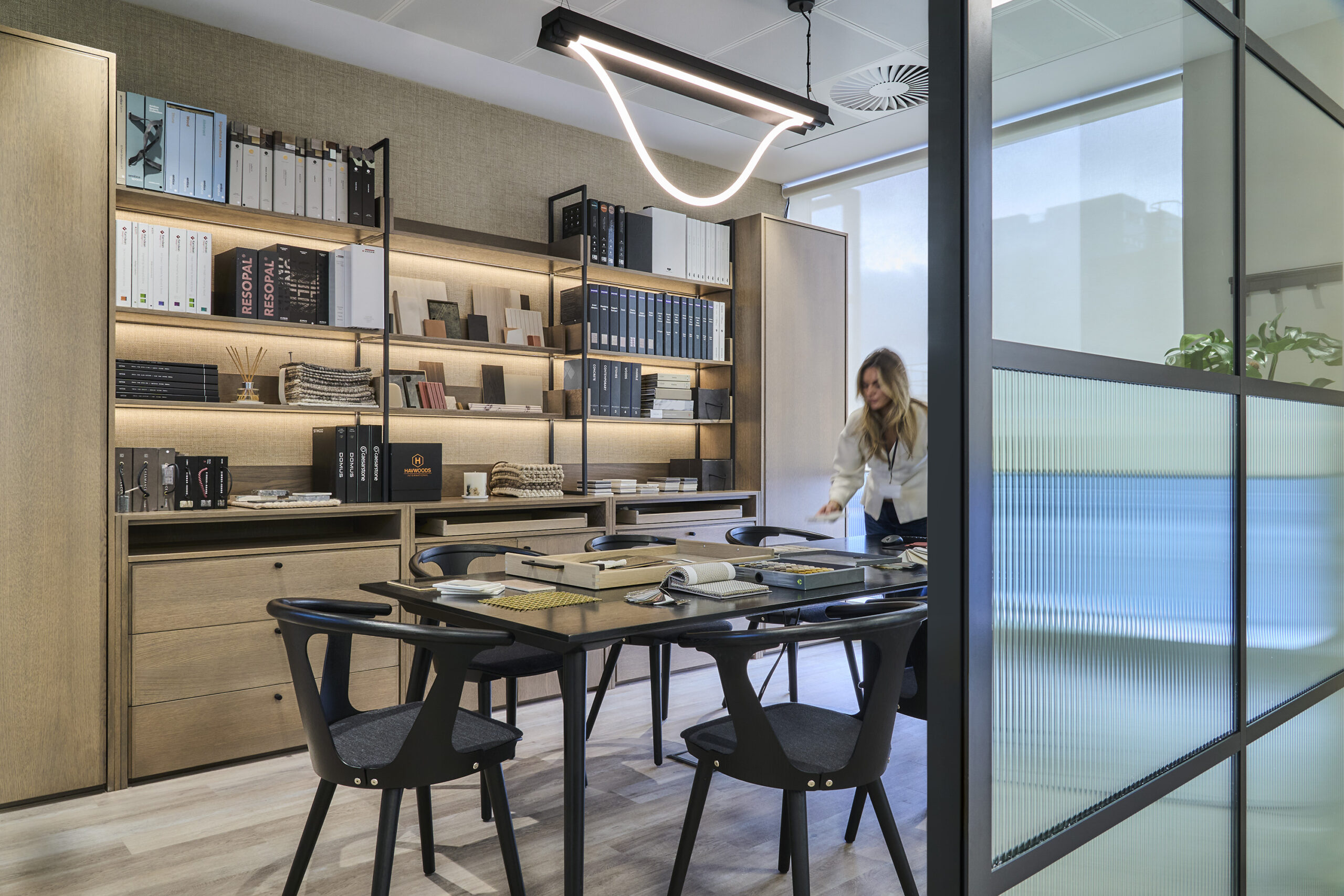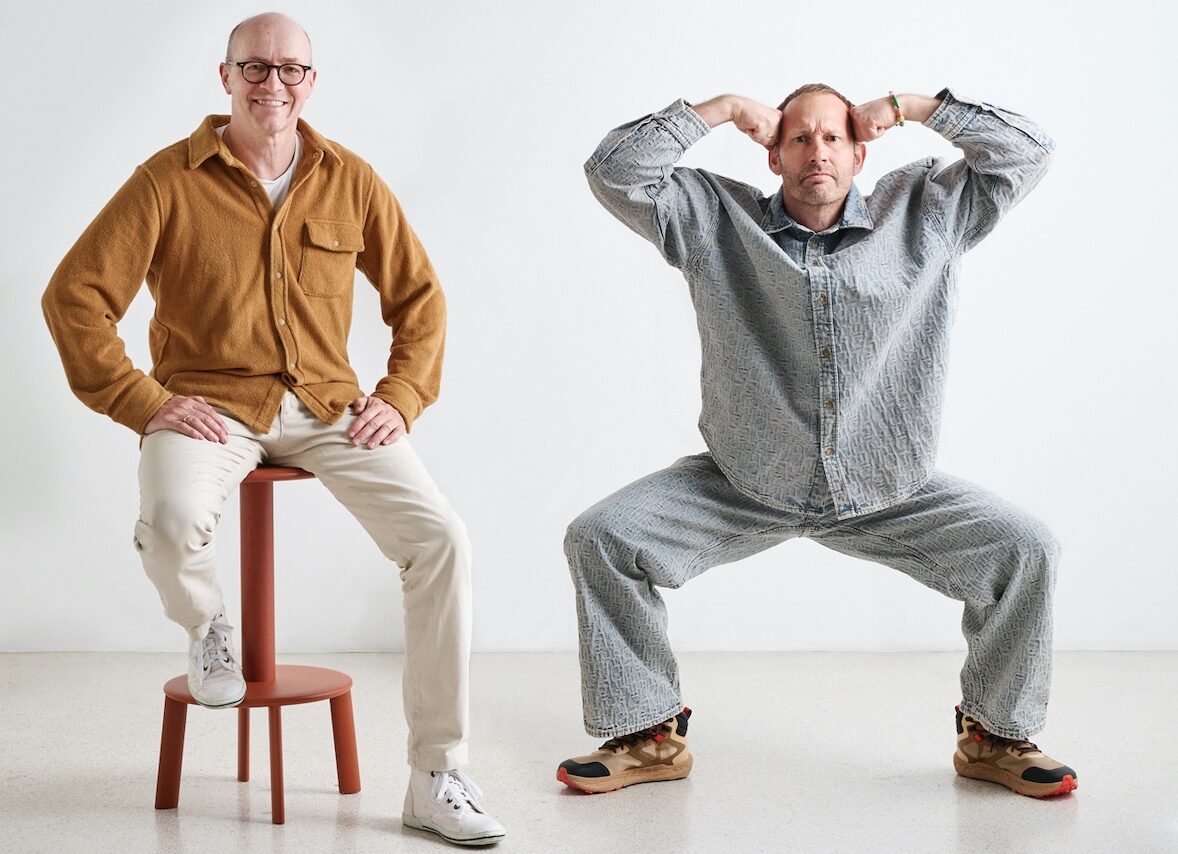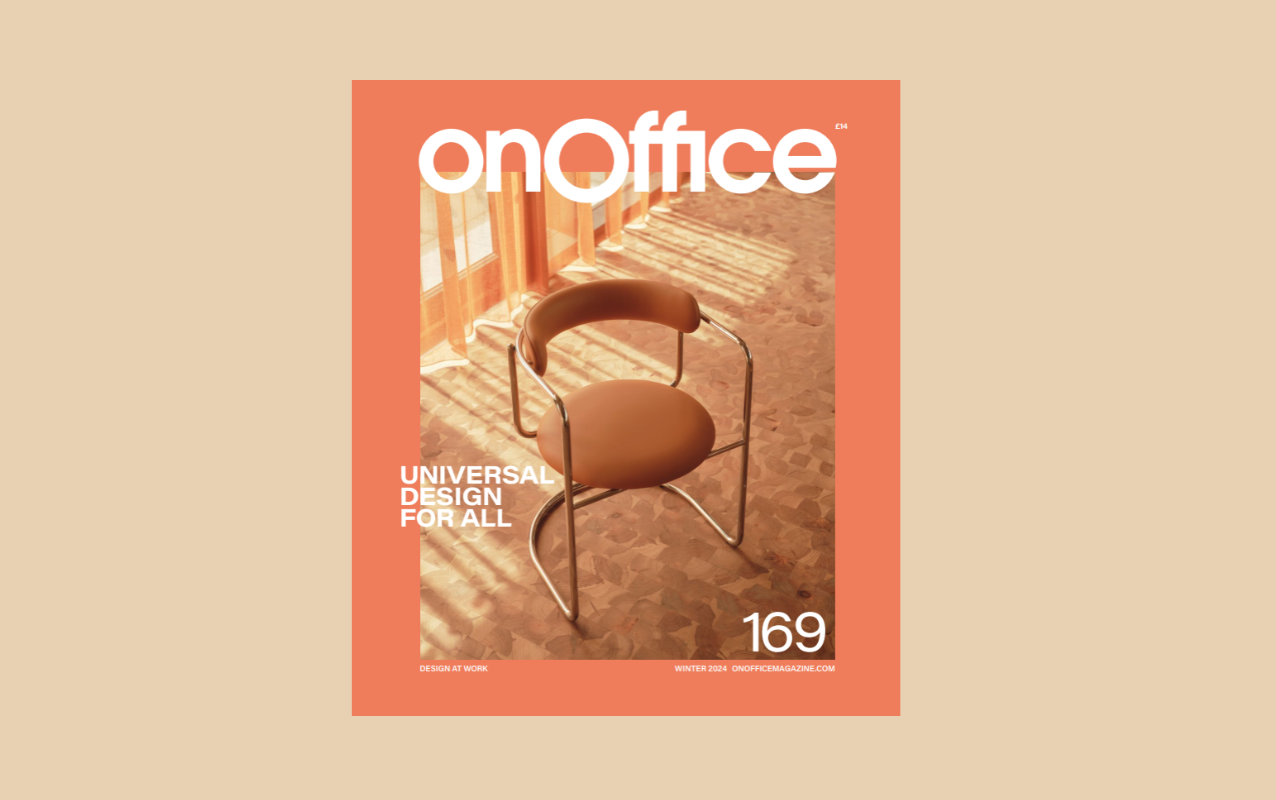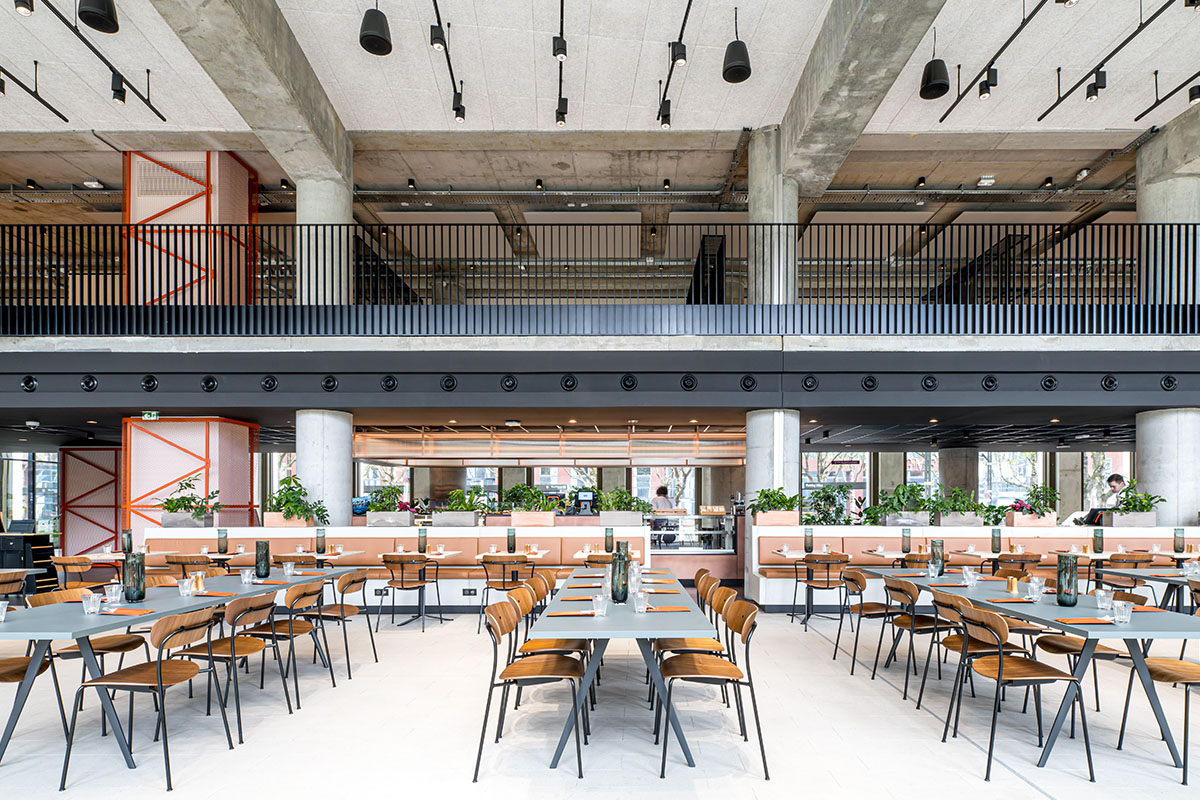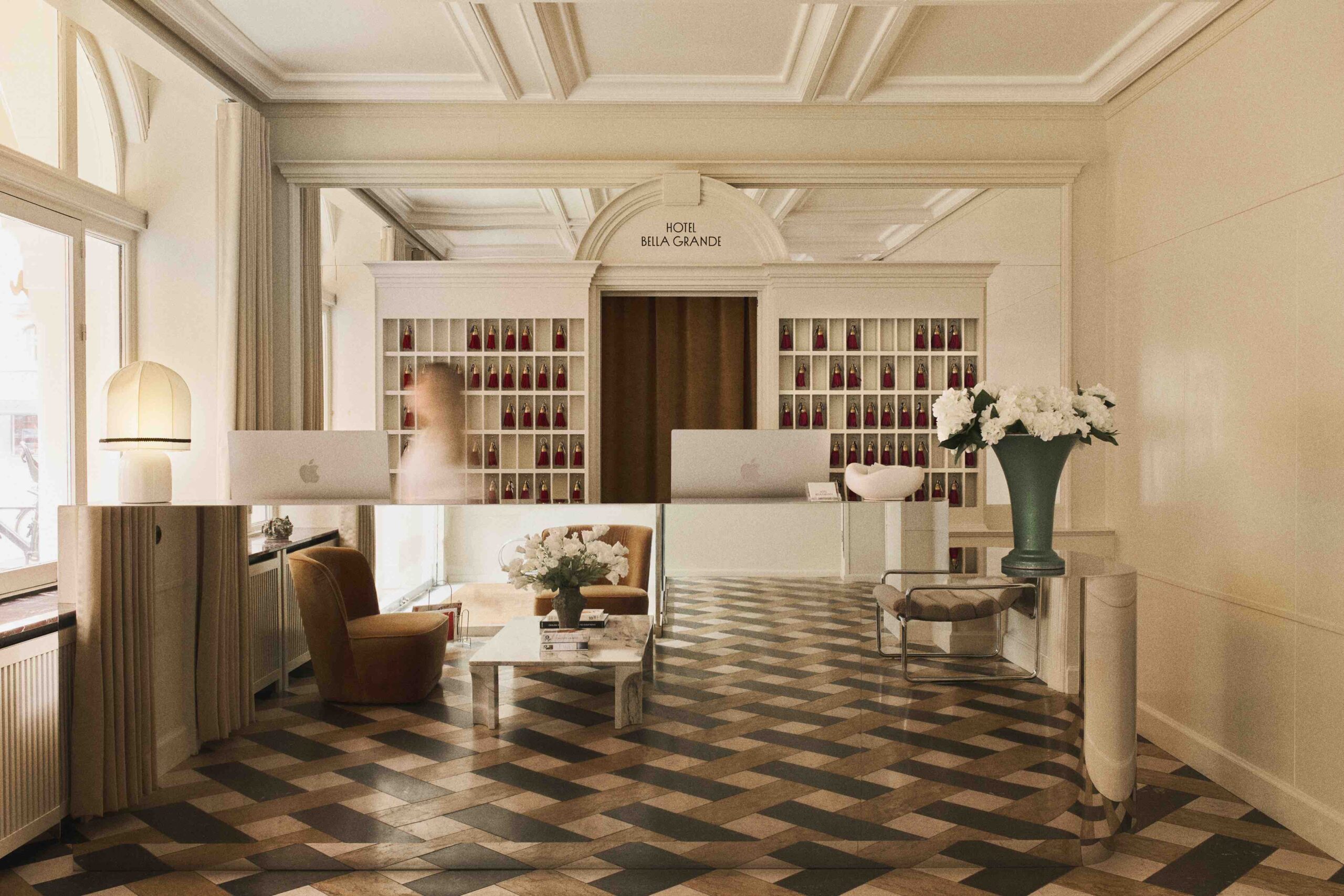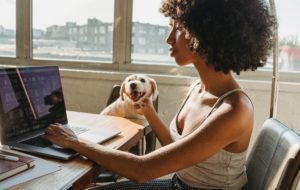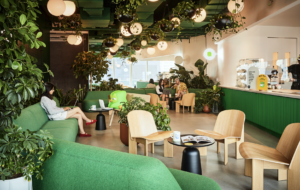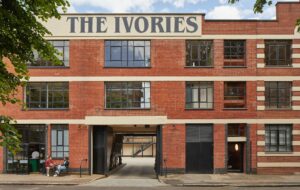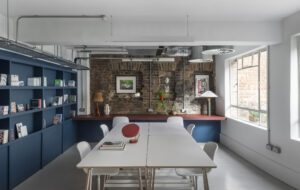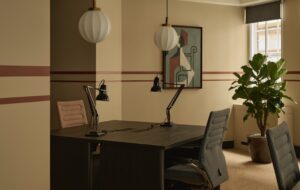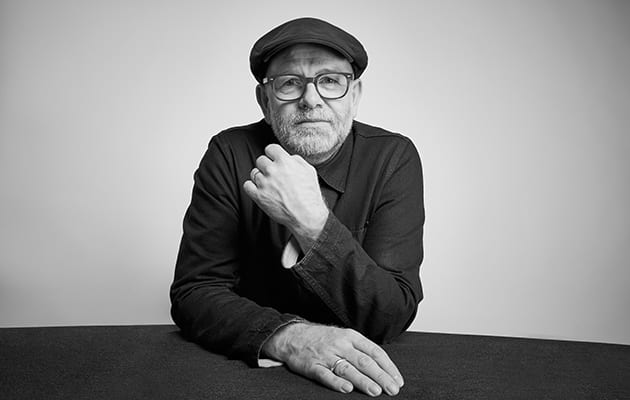 |||
|||
Tom Lloyd, of London-based design firm PearsonLloyd, on the act of making
The act of making binds together all cultures and all peoples across all time. Making fire, making bread, making tools, making homes – making describes the simple universal acts that have allowed humans to live and thrive across millennia. The word ‘make’ holds a powerful place in our language; make believe, make space, make sense, make progress, make do, make friends, make love.
Until the emergence of Covid-19, our ‘western’ world, facilitated by the ‘free’ movement of labour, capital and goods across the globe, has been framed by libertarian ideals that promote absolute personal freedom and consumption limited only by our imagination.
Now, out of nowhere, the world has been forced to ‘make-shift’; to alter our expectations, our perspective and the way we conduct our daily lives, and to create ‘make-shift’ solutions.
From the distant rumble of thunder; rumours and events in other countries, the pandemic has spread like storm clouds across the planet quicker than our imaginations could keep up. It ignores borders, economics and nationality and is a true reflection of the speed of our global world.
Our first reaction was that of fight and flight, the instinctive response to danger where we prioritize the safety of family and friends. ‘Make-shift’ invokes this state of improvisation, as the restrictions on movement and communication breed a new spirit of ‘make-do’ not seen since the war. We are forging new routines and new rituals that are binding us more closely as communities. We are looking out for each other in ways that had become unfashionable in our digital age.
Further to seeking comfort and providing community support, we have understood that our social fabric is defined as much by our working lives as our private ones. Concern for the health of family, friends and neighbours is balanced by the need for society to carry on economically. Without the exchange of money and the delivery of goods and services, the danger to our well-being is just as serious as that of the virus itself and the long-term impact may be even greater.
At a professional level, fear is being replaced by increased energy. We have no choice but to engage in, and test the ability of, the technology that facilitates remote working, talking, singing, cooking and exercising as never before. The entrepreneurs in our midst are as active as ever, with new services emerging response to new needs. Focus groups are put to one side and prototypes are rapidly tested, modified and iterated. Designers and makers strive to distribute both knowledge and outcomes as far and as fast as possible. Despite the legitimate and urgent threat to business across society, it is almost as though the world wants to prove Covid-19 wrong.
A few weeks into the crisis and it has now become clear this is also a moment to ‘maketime’. Suddenly, we all have more time on our hands. We must use the drastic reduction in the pace of our lives as an opportunity to reflect; both on the values that we wish to inform our habits, and how we might shape the future. Can moving slowly be beneficial? Can compassion and solidarity replace self-interest and consumption? Can consuming less be more inspiring and more rewarding?
It is too early to tell, but there is a real sense of possibility about the future. Today’s temporary solutions are modelling whole new ways of doing things. These arrangements aren’t perfect but are an opportunity to test different realities, test human ingenuity and altruism as well as technology itself.
We are shifting both our outlook and our activities, which is having astonishing and unintended consequences. Factories close, planes and cars are parked, pollution stops overnight. We are housing the homeless, we are valuing the ‘unskilled’. We are learning to be alone and to make creative use of our time. We are engaged in one great social experiment.
Our greatest challenge, the climate emergency, is for once on the back seat, but in truth, what we are experiencing today might just be framing a response that will save us all.
Image courtesy of Pearson Lloyd

